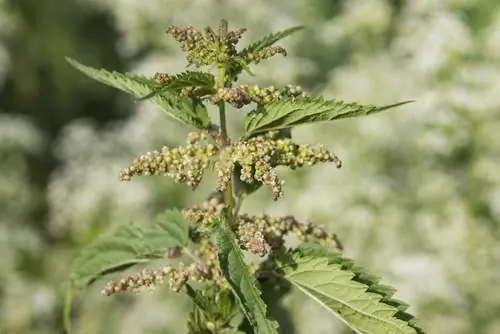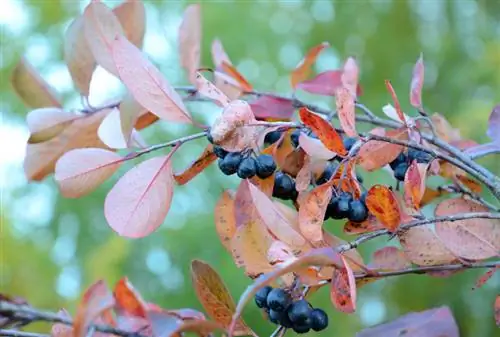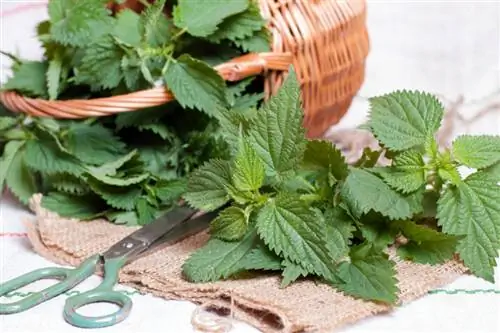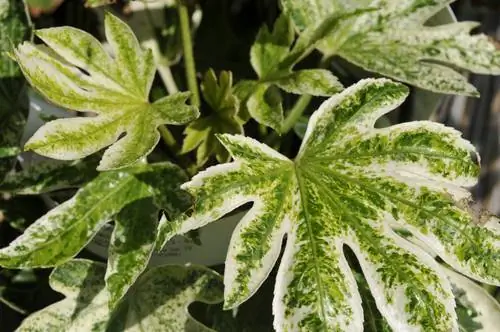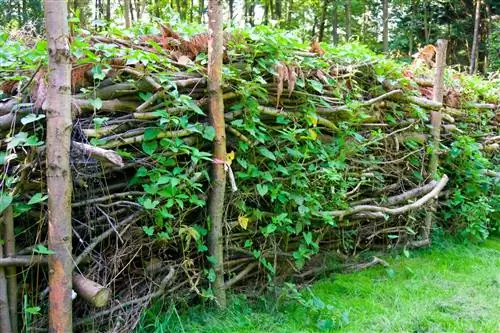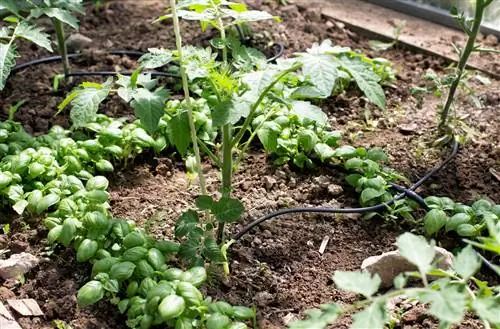- Author admin leonars@hobbygardeners.com.
- Public 2023-12-16 16:46.
- Last modified 2025-01-23 11:21.
Wild herbs bloom and then develop seeds. They sow themselves and thus ensure their survival. We humans can also do a lot with wild herb seeds: We can use them for our diet, feed them to pets, or grow our own plants from them in the garden.
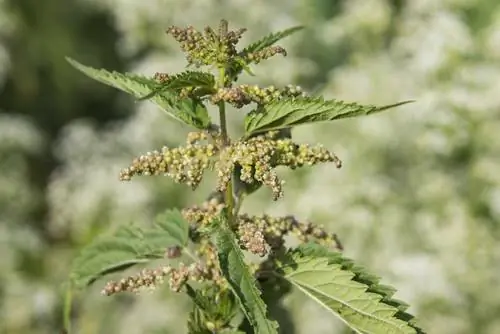
What can you use wild herb seeds for?
Wild herb seeds can be edible, used as food for pets or sown in the garden. Edible examples include nettle, buckwheat, fennel, caraway and jewelweed. When collecting, pay attention to poisonous species and good collection points or buy organic quality in stores.
Edible wild herb seeds
Some species of edible wild herbs can also delight us with their seeds. That's why we can collect and eat them when the time comes. The dry seeds also last longer than the green ones.
- Stinging nettle: from July; roasted
- Little Bibernelle: August to September; for herb s alt
- True buckwheat: August to September; for buckwheat groats
- Fennel: September to October; as a spice
- Frenchwort: July to October: for growing seedlings
- Caraway seeds: August to September; as a spice
- Common Evening Primrose: September to November; for healing purposes
- Pepper knotweed: September to October; as a hot spice
- Common rocket: September to October; as a mustard-like spice
- Field mustard: June to August; as mustard seasoning
- Real balsam: September to October; have a roasted nutty aroma
- Sweet umbel: July to August; taste nutty
- Common swamp cress: August to September; for seedlings
| Impregnation | Sealing | |
|---|---|---|
| protects against penetrating dirt | yes | yes |
| protects against moisture | yes | yes |
| Makes cleaning easier | yes | yes |
| Protects against acid | no | no |
| Protects against scratches | no | no |
| glossy surface | no | yes |
Tip
Evening primrose oil made from seeds is considered antispasmodic, anti-inflammatory and blood purifying.
Collecting seeds
After the flowering period, you can wander through nature in search of edible seeds. However, harvesting by hand can be laborious and the yield can be disappointingly small. Anyone who still enjoys it can harvest diligently. You just need to pay close attention to poisonous wild herbs in the immediate vicinity. The collection point should also be chosen carefully so that the seeds actually have good, pure quality.
Buy seeds
A wide variety of wild herb seeds are available in stores. Mostly as food for some domestic animals or for sowing. Organic edible seeds can also be used by people for their nutrition.
Sowing wild herbs
Wild herbs in the garden and wild herbs on the balcony are not a common sight, but they are certainly possible. Wild herbs are adaptable and do not require much care. Only potted specimens need to be watered on hot days and fertilized from time to time.

